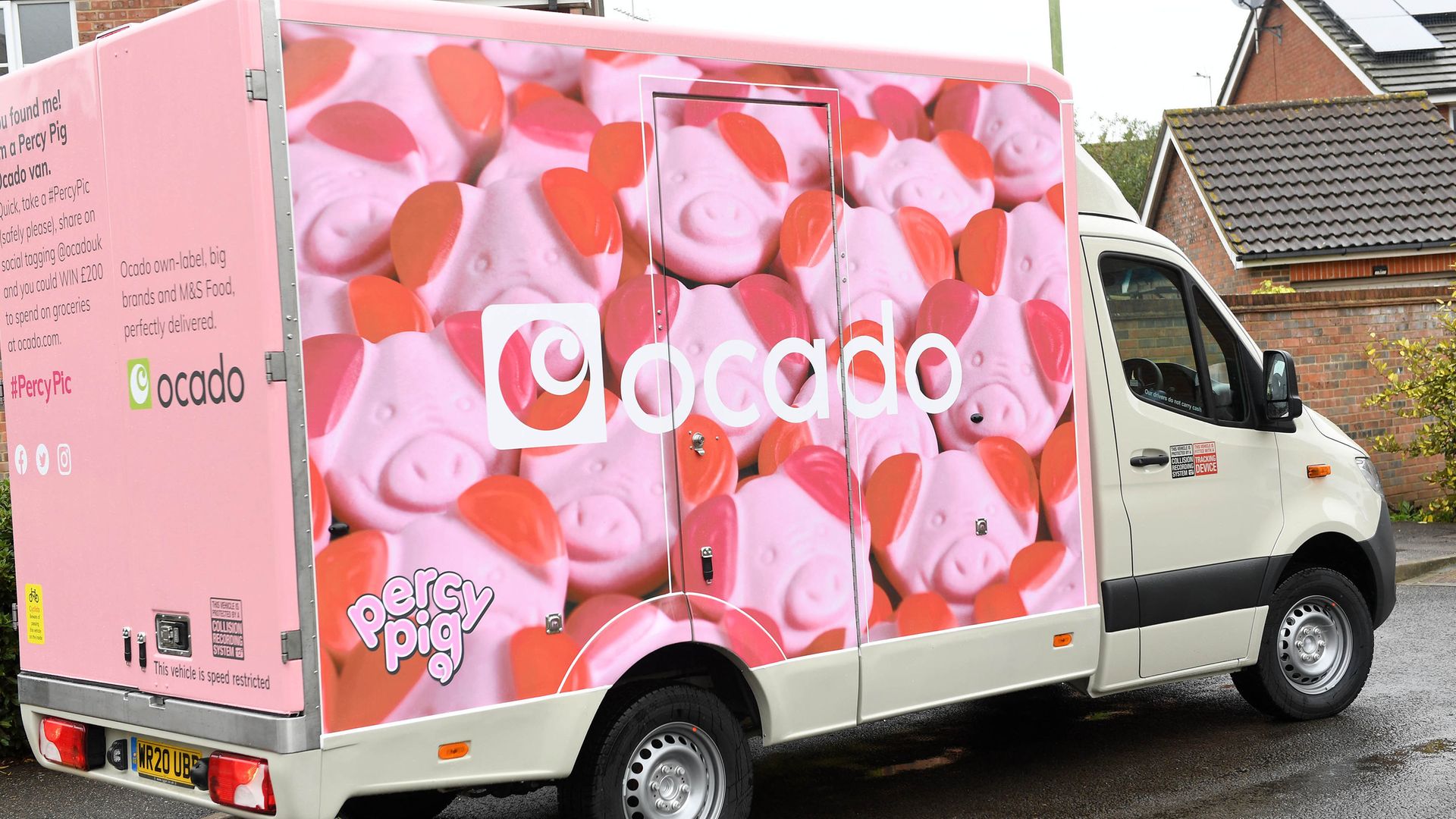
Percy Pigs could become more expensive because of tariffs caused by Brexit, Marks & Spencer’s chief executive has warned.
The famous pink sweets are among more than 2,000 products sold by M&S that are affected by the “rule of origin” regulations set out in Boris Johnson’s Brexit deal.
The rules dictate whether import taxes, called tariffs, must be paid based on where a product’s ingredients come from and where it has been manufactured.
Percy Pig sweets are manufactured in Germany and brought to the UK before being re-exported to Ireland – a journey that would now be subject to import taxes.
Steve Rowe, the chief executive of M&S said: “About a third of the products in our food business are subject to complex rules of origin around componentry and how much has been altered in the UK.
“Depending on that, there is a variable rate of tariff on goods. Tariff-free does not feel like tariff-free when you read the fine print.”
MORE: EU businesses stop UK deliveries due to ‘new Brexit measures’
MORE: Lorry drivers hit with £32,000 in fines since end of Brexit transition period
Although much of M&S’s domestic businesses will not be affected by tariffs, it is expect they will “significant impact” stores in Ireland, France, and the Czech Republic.
The British Retail Consortium (BRC) said at least 50 of its members were also facing potential tariffs for re-exporting goods to the EU.
This comes as parcel delivery firm DPD said it was halting deliveries from the UK to the EU because of new “red tape” caused by Brexit.
The company has already returned as much as 20% of parcels destined for Europe because they do not have the correct customs forms.
In a message to customers, the courier said: “It has now become evident that we have an increased burden with the new, more complex processes, and additional customs data we require from you for your parcels destined to Europe.
“This has placed extra pressure on our turnaround and transit times.
“We are seeing up to 20% of parcels having incorrect or incomplete data attached, these will have to be returned to you so that the required data can be provided.
“In addition to this we are seeing delays and congestion at UK ports and more rigid requirements for Channel crossings.”
Warning: Illegal string offset 'link_id' in /mnt/storage/stage/www/wp-includes/bookmark.php on line 357
Notice: Trying to get property 'link_id' of non-object in /mnt/storage/stage/www/wp-includes/bookmark.php on line 37






